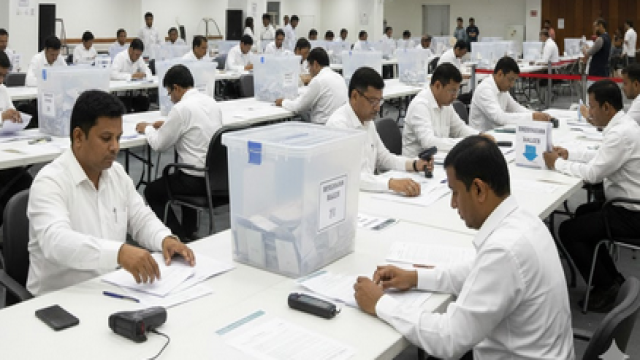In a controversial scientific development, researchers at Hebei Medical University in China have created a synthetic virus that mimics the deadly Ebola virus. The announcement has raised significant ethical and safety concerns among global scientists and health experts.
The synthetic virus, designed to replicate the lethality of the Ebola virus, was developed by incorporating components of the Ebola virus into a modified vesicular stomatitis virus (VSV). The researchers aim to use this virus to gain a deeper understanding of Ebola, which is known for its 90% mortality rate. Their findings were published in the journal Science Direct.
The research team conducted experiments on mice, revealing that the synthetic virus caused severe symptoms similar to those of Ebola. Within three days of infection, all test subjects died, exhibiting rapid deterioration and severe organ damage. This outcome has alarmed the scientific community due to the potential risks associated with such a powerful synthetic virus.
Critics argue that creating a virus with such high lethality poses significant biosecurity risks. Most laboratories around the world do not have the necessary bio-safety level-four (BSL-4) facilities required to handle viruses as dangerous as Ebola. Instead, the synthetic virus can be studied in laboratories with bio-safety level-two (BSL-2) conditions, which are more common but offer lower security.
The UK newspaper The Independent reported that Western researchers acknowledge the potential benefits of this research for developing Ebola treatments. However, they stress the importance of strict safety protocols to prevent accidental release or misuse of the synthetic virus. The possibility of the virus escaping controlled environments or being used as a biological weapon has fueled debates on the ethical implications of such research.
This development comes at a time when the world is still grappling with the aftermath of the Covid-19 pandemic, which has heightened sensitivities around virus research and biosecurity. Many Western countries, including the United States, have previously criticized China's handling of virus research, and this new development is likely to intensify scrutiny.
The global scientific community is calling for transparent discussions on the safety measures and ethical considerations involved in creating synthetic viruses. Ensuring that such research is conducted responsibly is crucial to preventing potential biosecurity threats and fostering international trust in scientific advancements.































Comment: